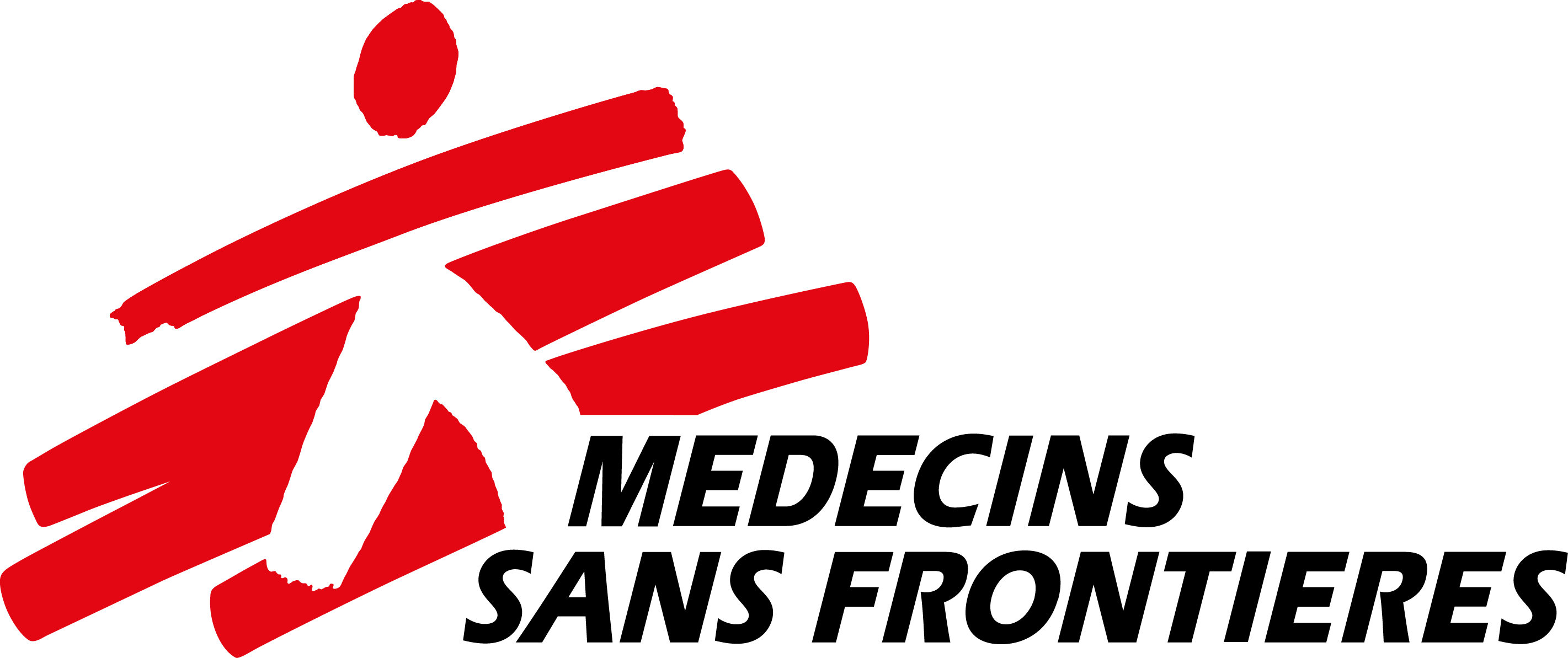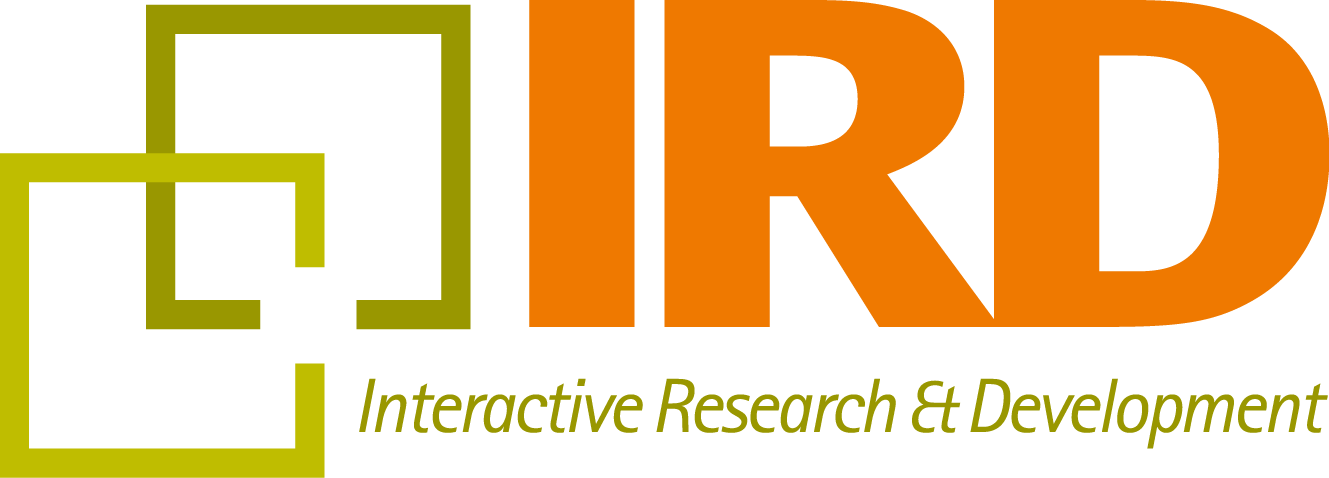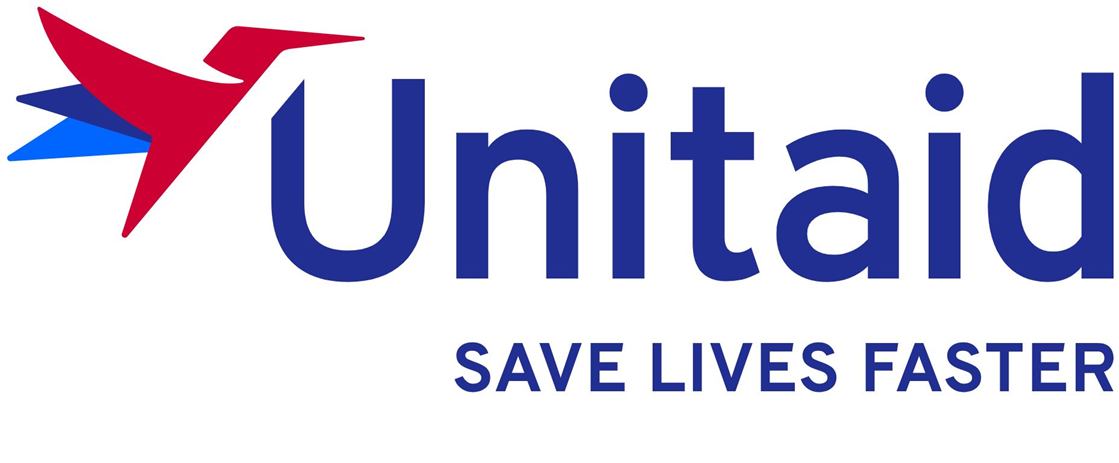On World TB Day Dr. Lorenzo Guglielmetti, endTB clinical trial co-principal investigator, takes stock of progress in the trial's first year.
One year on, how is the endTB clinical trial going?
The endTB trial is on track in all six countries. In the last 12 months, we have overcome many obstacles and gathered invaluable experience.
On this World TB Day, we’d like to thank the endTB teams in all the trial sites, who have been pushing the project forward with great competence and commitment.
How many patients are enrolled, and in how many sites?
So far we have enrolled more than 70 MDR-TB patients in the clinical trial. We have come a long way since the first patient was recruited in Tbilisi, Georgia, in February last year. In the following months, we started enrolling in two sites in Lima, Peru, and in two sites in Almaty, Kazakhstan.
At the beginning of 2018, patient enrollment started in Maseru, Lesotho. The site in Khayelitsha, South Africa, should be activated very soon. We hope that endTB will be enrolling at full capacity before the end of the second quarter of 2018, with the inclusion of the last site in Osh, Kyrgyzstan.
What has been the most challenging in the trial’s first year?
We have have encountered many challenges, both expected and unexpected. Regulatory requirements led to a lengthy approval process in most countries and to delays in the start of recruitment. Naturally, the implementation of the trial procedures must adapt to different practices and standards of care for MDR-TB treatment and treatment administration in each site. In addition, patients in some sites have shown some reluctance to participate in a trial which includes experimental treatment regimens and requires a very close follow-up, with more demands on their time. Finally, secular trends in the number of MDR-TB cases in a given setting are difficult to predict, and may jeopardize the initial recruitment goals: this is the main factor that led to our stopping patient recruitment in Georgia.
Have you had to adapt the approach in any way?
The main lesson we learned these first 12 months is that the trial must adapt as much as possible to each different setting, while safeguarding patient safety and research integrity. The implementation has been tailored to endTB countries, for instance by implementing different ways of treatment supervision, or by decentralizing both drug administration and study visits. The trial will keep adapting to the evolving field of MDR-TB treatment: our control arm will adopt new recommendations by the WHO, and in some countries has included the use of the shortened MDR-TB regimen.
And what are you learning as you go along – have you been able to carry out some sub-research?
This clinical trial is a great opportunity to explore important side research questions. A study on the pharmacokinetics and pharmacodynamics of the TB drugs, called pandrTB and led by Dr. McIlleron of the University of Cape Town, will evaluate the relationship between plasmatic drug concentrations and safety/efficacy treatment outcomes, as well as interactions with other drugs such as antiretrovirals.
We aim to start pandrTB before the end of the year in as many sites as possible. In addition, we will assess, through a secondary randomization, the safety and efficacy profile of different dosing strategies of linezolid, a potent re-purposed TB drug.
What are the next milestones for the trial?
The main priority now is to start patient recruitment in the two remaining endTB countries, South Africa and Kyrgyzstan. In the next months, we aim to consolidate the recruitment rates in each country, while we support the sites in building experience in the trial procedures. In parallel, we will explore the possibility of opening new sites in endTB countries, or to implement the trial in other countries with high MDR-TB burden. The objective is to complete the trial and improve MDR-TB treatment as soon as we can.




